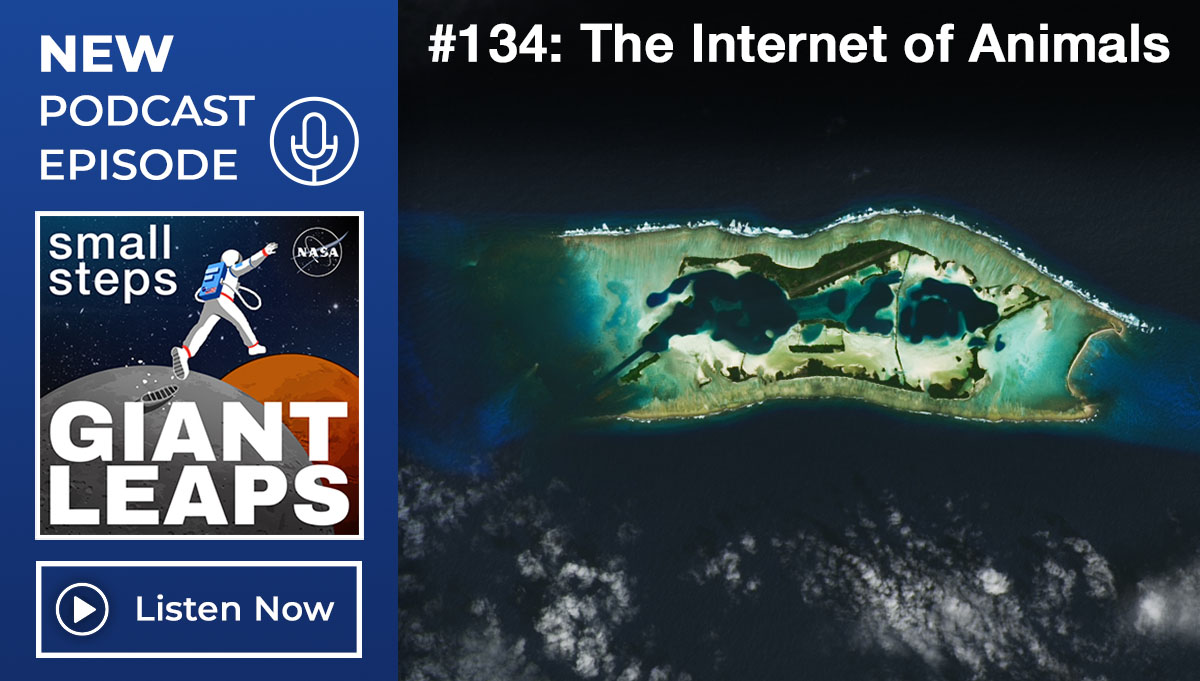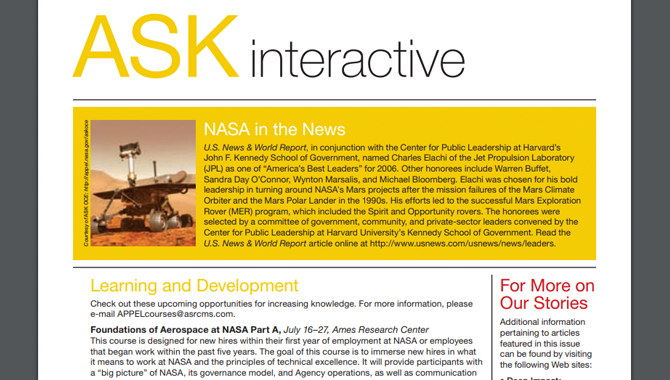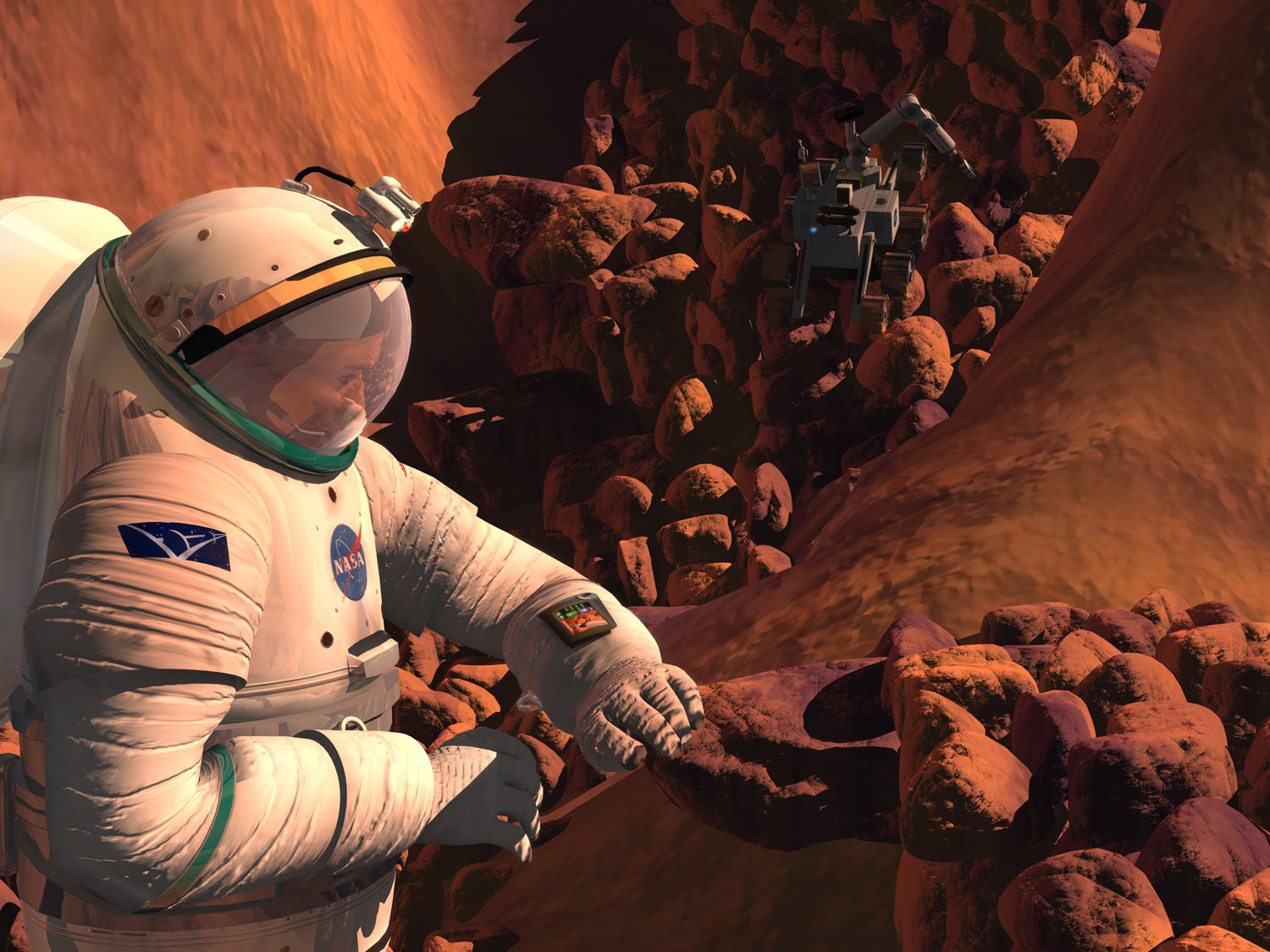
Here is a description of a book that we believe will interest ASK readers.
Infotopia: How Many Minds Produce Knowledge, by Cass R. Sunstein (New York: Oxford University Press, 2006)
Infotopia is about the democratization of knowledge, a subject Thomas Davenport considers in this issue of ASK. The book’s insights into how people share knowledge and make decisions can contribute to the discussion of these important subjects at NASA. In Infotopia, Sunstein analyzes recent developments that he thinks have the potential to aggregate people’s knowledge in valuable ways: the prediction markets that James Surowiecki also discusses in The Wisdom of Crowds; wikis, those collectively written and edited documents and encyclopedias; and the blogs (or Web logs) that comment on everything from politics to business to the often boring, occasionally fascinating details of the bloggers’ personal lives.
Like Surowiecki, Sunstein offers examples of the amazing accuracy of prediction markets and similar mechanisms for averaging the judgments or guesses large numbers of people make about questions ranging from the number of jelly beans in a jar to the outcome of an election or the release date of a product under development. Companies including Google and Hewlett-Packard have successfully used prediction markets to help guide decisions. Sunstein explains why these markets are so accurate and usefully describes circumstances in which they do and do not work. But there is one flaw in his careful analysis that is worth noting. Sunstein talks about prediction markets aggregating knowledge when in fact they aggregate judgments. Those collective judgments may be informed by knowledge, but the knowledge itself is not collected and cannot be extracted from the markets’ conclusions.
Wikis do aggregate knowledge and information. Sunstein argues convincingly that the best of them—Wikipedia is the best-known example—can be extraordinarily current, comprehensive, and accurate. Although some wikis have been ruined by maliciousness and ignorance, Wikipedia thrives on the good will and good sense of most contributors and an editorial process supported by “Wikiquette” that establishes rules for disputing content. Businesses including Disney, Yahoo, and Oxford University Press are beginning to use wikis internally. They have great and so far largely unrealized potential as a tool for collecting and organizing what people in organizations know.
Sunstein is appropriately skeptical about the ability of blogs and the multitude of Web sites on any subject you can think of to improve the quality of our collective knowledge and understanding. He points to two related problems. First, many blogs and sites offer up information that is misleading, biased, and just plain wrong. Second, people tend to seek only information that confirms what they already believe (constructing “informational cocoons” for themselves), so they are unlikely to read broadly enough to judge the reliability of a particular source. In other words, the truth may be out there, but it’s hard to distinguish from the lies.
Sunstein is highly critical of deliberation—people talking together to come to a decision or evaluate ideas. He offers an important corrective to uncritical praise of the collective knowledge of teams and communities. He notes that groups are likely to defer to the opinions of high-status members and that members are often afraid to express views that differ from what the majority believes. As a result, he says, “deliberating groups discourage novelty” and, because they reinforce the ideas of the powerful or the majority, they tend to strengthen commitment to decisions good or bad. Sunstein suggests ways of improving deliberation that include explicitly inviting varied views, using devil’s advocates, and seeking individuals’ opinions both before and after group deliberation.







